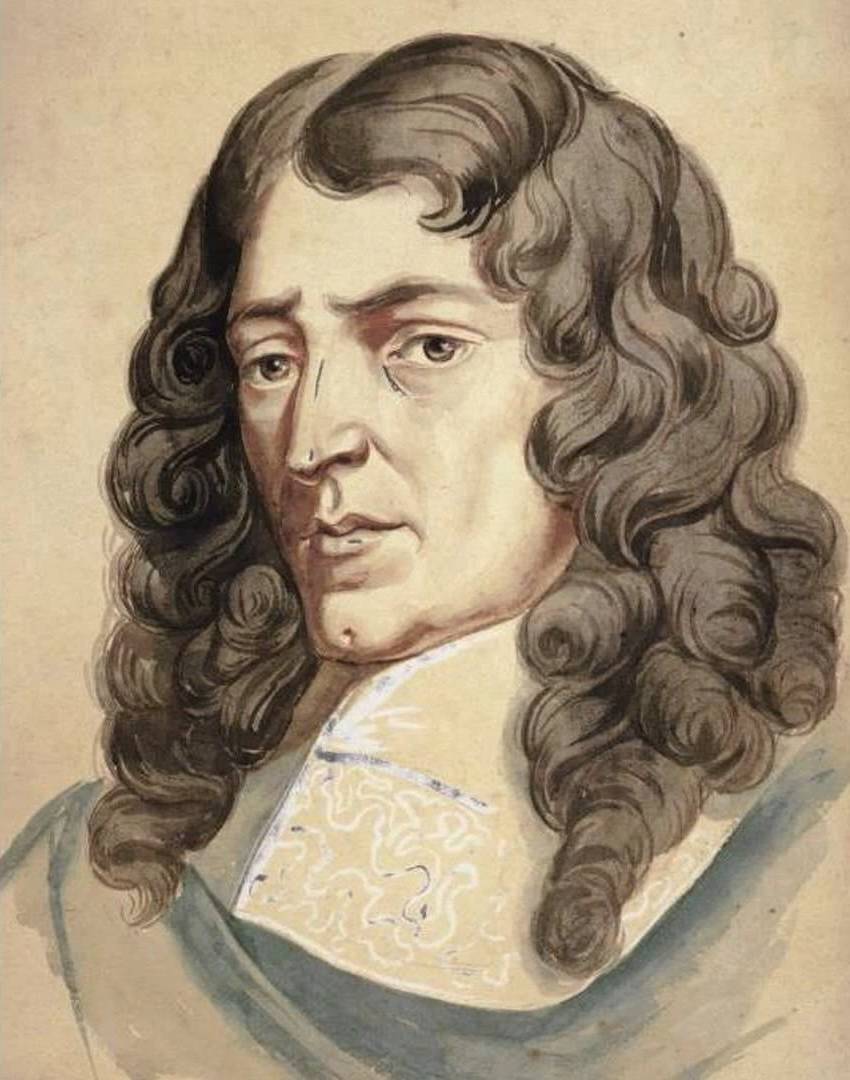Marc-Antoine Charpentier
Marc-Antoine Charpentier left around 500 works, undeniably the most prolific composer of the 17th century, and doubtless one of its most brilliant musicians. Although he favoured vocal music, he ventured into all musical genres, composing Masses, motets, oratorios, operas, symphonies, pieces for one or two instruments, and even drinking songs! He was born in Paris but we know nothing of his musical training. In the mid 1660’s he went to Rome, presumably to study under Giacomo Carissimi, master of the oratorio. Back in Paris around 1670, he entered the services of Duchess Marie de Guise who had a reputed musical ensemble. Molière, having quarrelled with Lully in 1672, asked Charpentier to compose the music for his comedies. He also wrote the music for Corneille’s plays. Around 1680 he produced vocal music for the Port-Royal convent in Paris and for the Dauphin. In 1683, he joined the recruitment contest for Royal Chapel music masters, but illness prevented him from continuing. He was to have no further opportunity of a position at court. But the King, recognising his talent, offered him an allowance. From then on Charpentier concentrated on his Paris activities. On the death of Mademoiselle de Guise he worked for the Jesuits, and then in 1698 he was appointed Master of Music at the Sainte-Chapelle, a prestigious post he was to hold until his death. In an epitaph to one of his vocal works he said he hoped to “heal, purify and sanctify men’s ears, so they could hear the holy concert of the angels.” This idea comes across clearly in his 28 volumes of original manuscripts, a monumental corpus preserved today in the Bibliothèque nationale de France - a jewel of French musical heritage.

Marc-Antoine Charpentier
1643-1704